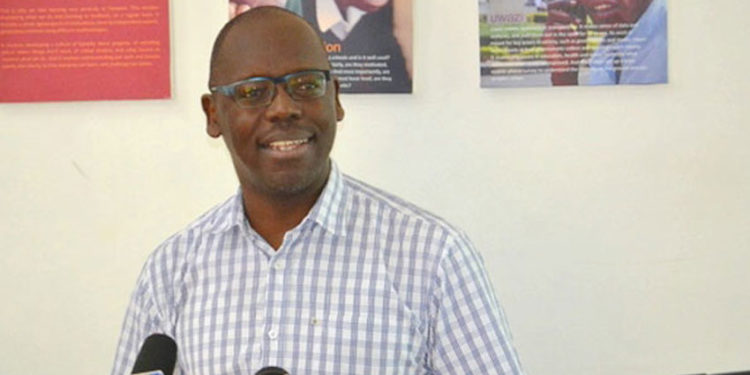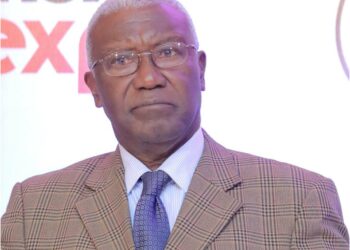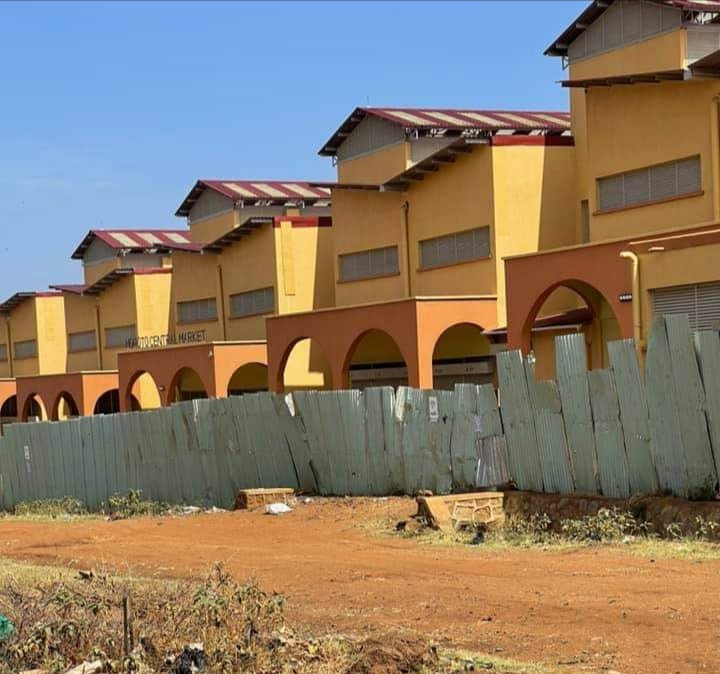Reports from the World Bank say corruption in Uganda is characterized by grand-scale theft of public funds and petty corruption involving public officials at all levels of society as well as widespread political patronage systems.
Elite corruption in Uganda is through a patronage system that has been exacerbated by foreign aid. Aid has been providing the government with large amounts of resources that contribute to the corruption practices going on within the country.
According reports from the Africa Freedom of Information Centre (AFIC) and Twaweza, one of the key factors as to why corruption is too much in public offices is limited awareness of government’s programs among the general public.
One of the more recent forms of corruption is through public procurement process due to lack of transparency with transactions that happen within the government.
However, Aidan Eyakuze, the Executive Director of Twaweza East Africa says the only way the government can curb the escalating corruption is to ensure that there is thorough accessibility to public information at every level.
Giving an example of how Ukraine fought corruption in public procurement, he said information is a public good that helps in the reduction of uncertainty.
“Corruption in public procurement in Ukraine was rampant but when Ukrainian government, the business sector, and civil society came together and formed a system which they called Prozorro, corruption has kept on reducing and a lot of money has been saved because everyone was able to access the biddings of the tenders, who got the tenders and who owns companies that won the bidding,” Mr Eyakuze told Watchdog Uganda during an interview.
According to Eyakuze, to avoid such loopholes, tenders should be put online and also advertise on all media platforms to promote open contracting data standards.
“Access to information and right to information mandates the government to put what it’s doing with taxpayers money in the public domain however the challenge is that the citizens including the media don’t demand enough. Because we don’t know where these websites are to make analysis, we don’t ask questions such as who got the tender and how? Whether the work has been done or not. We need to have that encouragement agency,responsibility duty by using the information that is already available,” he said.
Mr Eyakuze further noted that citizens must start with the available info and investigate who got the tenders, at how much was it and how was the work done.
“Access to information if enforced, the public will have to know the owners of companies who won tenders and who are the beneficiaries of the dividends. Because in sophisticated jurisdictions they will hide behind big companies like Shell companies, yet in actual sense, the public doesn’t know who the right individual is. So this beneficial ownership legislation transparency of companies nan curb global corruption because citizens can truck the follow of monies and deals and see companies that get tenders through corruption can also be seen,” he added.
He noted that if Ugandans embrace, open contracting and public procurement and beneficial ownership, they will demand accountability by themselves.
“Civil Societies have to help citizens to know that it’s their right to ask the government the procedures of the government tenders every financial year, who go them and why. It’s their right to know who is getting a contract to collect garbage, how did they win that tender? The who owns that company that won the tender. These questions are very uncomfortable to government officials but citizens must know.”
Do you have a story in your community or an opinion to share with us: Email us at editorial@watchdoguganda.com













